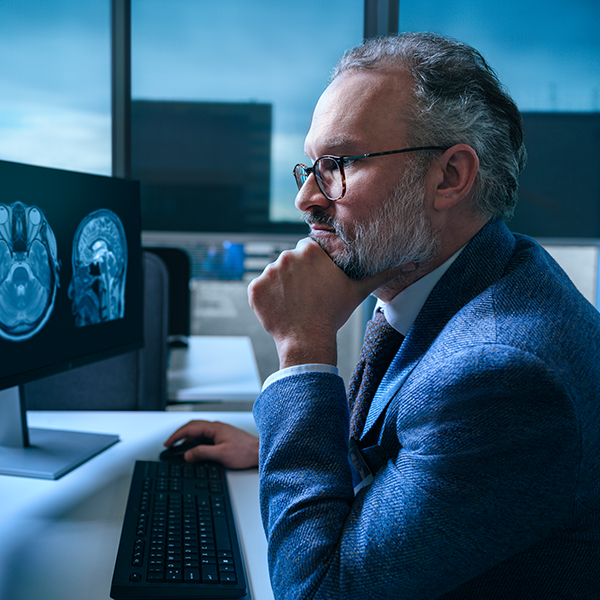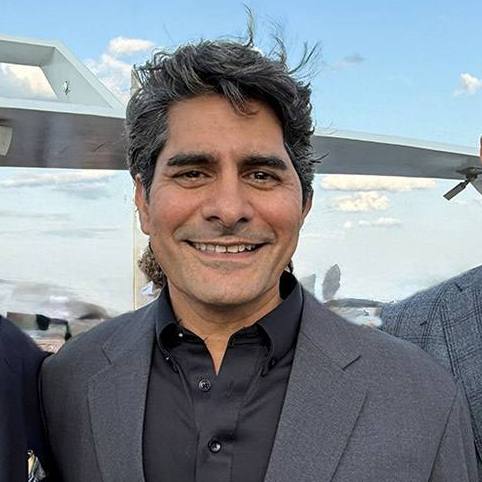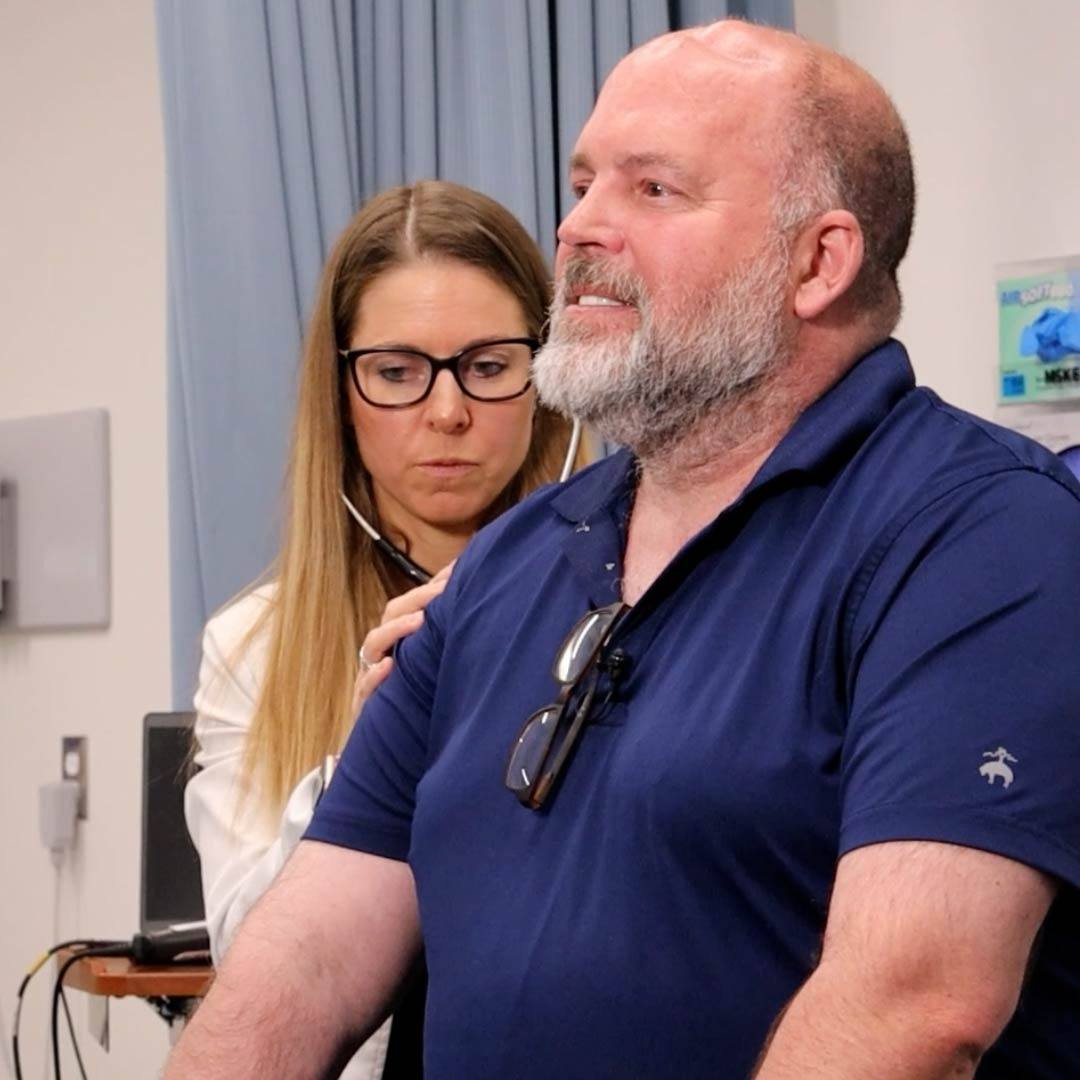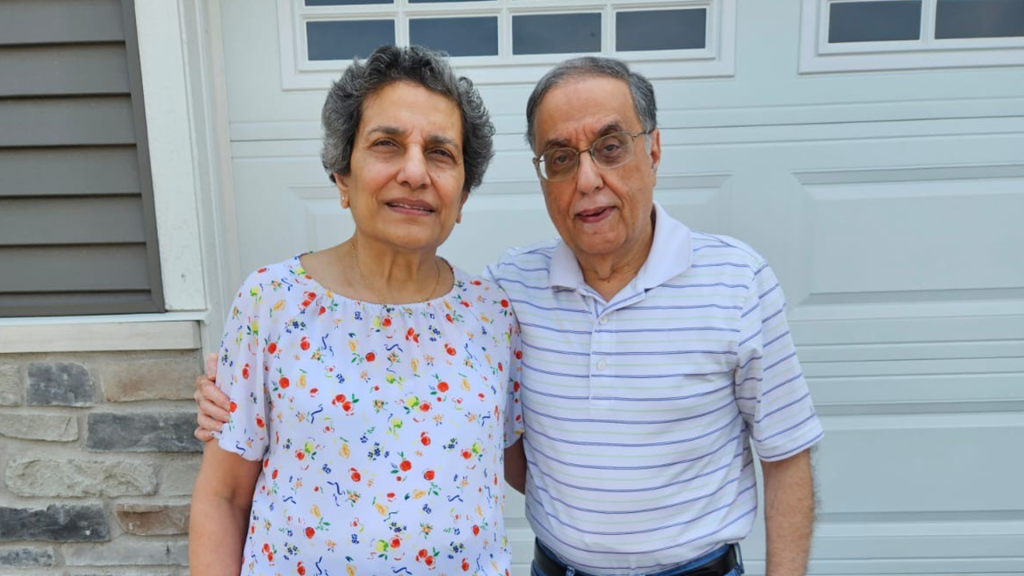
Just one day after undergoing brain shunt surgery at Mayo Clinic, 75-year-old Minoo Press put his wheelchair aside and walked out of the hospital on his own. For the first time in two years, his mind was clear. His balance had returned. He was no longer losing control of his bladder.
The significant turnaround followed two years of steady cognitive and physical decline. A retired engineer known for his sharp mind and independence, Press gradually withdrew from daily life. Even simple routines became impossible.
He visited leading medical centers across the country, undergoing spinal taps, surgical procedures and advanced imaging to evaluate for conditions ranging from Alzheimer's disease to Parkinson's.
Some clinicians at those institutions also considered normal pressure hydrocephalus, a condition in which excess fluid builds up in the brain. But because Mr. Press' symptoms overlapped with signs of neurodegenerative disease, the doctors could not confirm the diagnosis or recommend surgery. They told him there was nothing more they could do.
From rapid diagnosis to life-changing care
After an exhaustive search for answers, Press' family brought him to Mayo Clinic where he was evaluated by Dr. David Jones, a neurologist and director of Mayo Clinic's Neurology Artificial Intelligence Program.
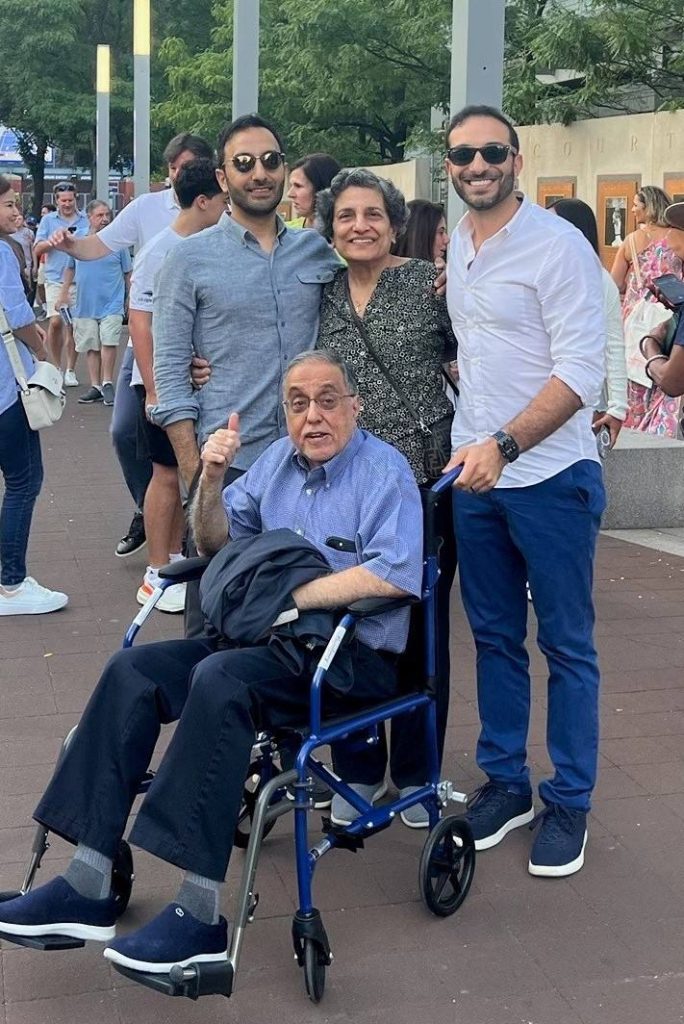
Dr. Jones used an innovative artificial intelligence tool developed by his team, called StateViewer. The tool works with a widely available brain scan known as fluorodeoxyglucose positron emission tomography, or FDG-PET, comparing a patient's brain activity to thousands of confirmed dementia cases. It highlights patterns linked to nine types of the disease — from Alzheimer's and frontotemporal dementia to less common forms with overlapping symptoms.
In a recent study published in Neurology, the tool identified the correct dementia type in 88% of cases and helped clinicians interpret scans up to three times more accurately and twice as fast as standard methods.
In Press' case, the tool helped Dr. Jones rule out Alzheimer's and other types of dementia. That was the turning point.
With neurodegenerative disease ruled out, Dr. Jones diagnosed Press with normal pressure hydrocephalus and confirmed that he was a candidate for a shunt procedure to relieve the pressure on his brain and potentially reverse the symptoms.
A last-minute surgical cancellation made it possible for Press to have the procedure that same week.
Within three days at Mayo Clinic, he had a clear diagnosis, a treatment plan and underwent brain surgery to place a shunt that would drain excess fluid from his brain. The procedure was performed by Dr. Ben Elder, a neurosurgeon and clinician-scientist.
Press, who traveled from Chicago, noticed immediate improvements. His thinking was sharper, his steps steadier and he felt like himself again.
A clear mind, steady steps and hope
Dr. Jones says Press' case highlights the promise of combining AI with clinical care to accelerate diagnosis, scale expert clinical knowledge and help guide treatment planning.
"When you're looking at overlapping symptoms, it's easy to miss the underlying cause," Dr. Jones says. "StateViewer gave us the clarity we needed to make an informed diagnosis and take action."
Press continues physical therapy and says he's improving every day. He hopes his story can help others who are navigating the same often misdiagnosed and debilitating condition.
"I can enjoy time with my family again and I can go out with my friends. I can even do my own taxes. These are the moments I thought I had lost forever," Mr. Press says. "Mayo Clinic gave me my life back."
Related article:
Mayo Clinic's AI tool identifies 9 dementia types, including Alzheimer's, with one scan
Mayo Clinic researchers have developed a new artificial intelligence (AI) tool that helps clinicians identify brain activity patterns linked to nine types of dementia, including Alzheimer's disease, using a single, widely available scan — a transformative advance in early, accurate diagnosis. Read more.
